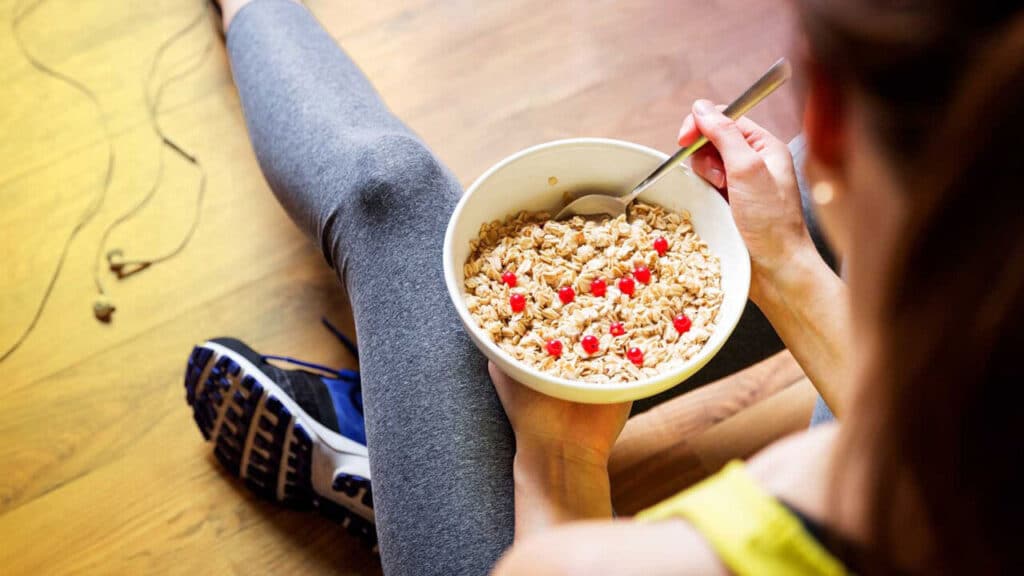Breakfast, lunch and dinner. Maybe some snacks in between. For most people, when you eat seems pretty simple. I mean, it’s not always an easy schedule to follow if you’re busy at work or waiting for a friend, but most of us are familiar with the general idea. Is this what’s actually best for us, though, or is it just a habit?
If you’ve heard of your circadian rhythms, you’re probably familiar with them in the context of sleep schedules. They’re what separate the night owls from the early risers. The easiest way to think of them is as your internal clock. What you may not realize is that this clock also has a big impact on how we digest food. If you want to eat at the best times, you need to plan around your circadian rhythms.
Most people have bodies that expect to be fed more during the day, when they’re normally most active. You need glucose in your blood to power your movement. That means being extra sensitive to insulin, the hormone most responsible for regulating blood sugar. This is especially true when you go to the gym a lot and may need to plan food around your exercise routine.
When night comes, your body generally expects to be asleep and doesn’t think it needs insulin. This means that if you ate something just before bed, it may cause your blood sugar to spike without burning off as energy. This is particularly risky for people with diabetes, but anyone can experience problems. The glucose still has to go somewhere, so you end up storing it as fat.
Some experts recommend keeping all of your meals within a 12-hour window (https://www.ncbi.nlm.nih.gov/pmc/articles/PMC7213043/). For example, if you have breakfast at 7am, then make sure your last meal is done by 7pm. And if you’re thinking of skipping breakfast, reconsider. Evidence suggests that the first meal of the day has all kinds of health benefits (https://www.ncbi.nlm.nih.gov/pmc/articles/PMC8532518/). Plus, people who don’t have breakfast tend to eat more later in the day. Admittedly, having your main meal at lunch so you’re not eating later in the day has its own advantages.
Everyone has slightly different genetics and physiology. What works for you may be different than everyone else, so experiment a bit. Give extra consideration to any medical conditions or medications that change your eating needs.




